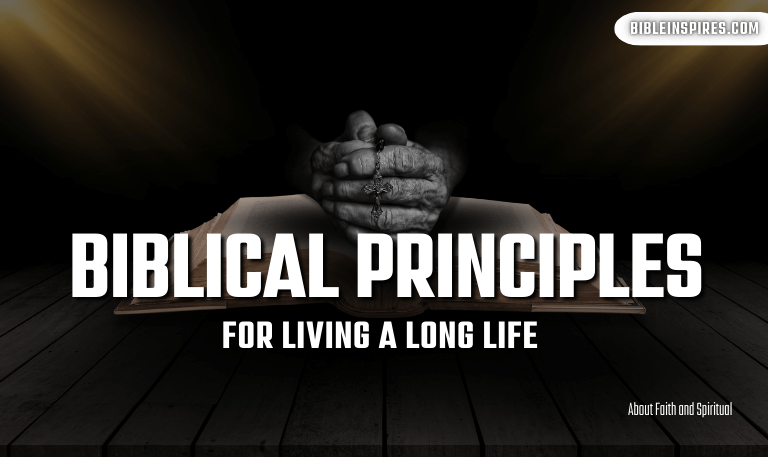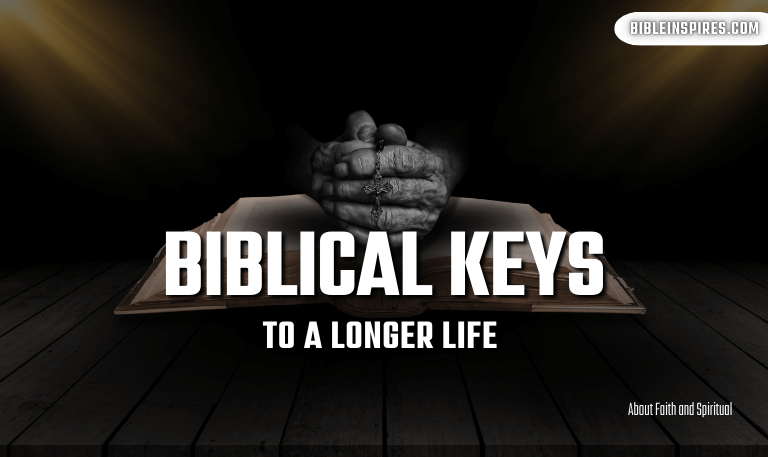Christianity is a broad and diverse religion, encompassing various denominations and traditions. Among the most well-known branches of Christianity are Evangelicalism and Catholicism. Both groups share the same foundational Christian faith but differ significantly in their beliefs, practices, traditions, and history. Understanding the key differences between Evangelical and Catholic Christianity is essential for anyone interested in the faith, whether for academic, personal, or spiritual reasons.
This comprehensive guide will explore the Evangelical vs Catholic debate in-depth, covering everything from core beliefs and doctrines to church structure and practices. By the end, you will have a clear understanding of how these two traditions align and diverge, offering valuable insights into their unique identities.
I. What Are Evangelical and Catholic Christianity?
Before diving into the differences between Evangelicals and Catholics, it’s important to understand what each tradition represents.
What is Evangelical Christianity?
Evangelical Christianity is a movement within Protestant Christianity that emphasizes the authority of the Bible, the necessity of a personal relationship with Jesus Christ, and the importance of evangelism (spreading the Christian gospel). Evangelicals believe in salvation by faith alone, a central tenet of the Protestant Reformation.
What is Catholic Christianity?
Catholicism is one of the oldest branches of Christianity, with its roots tracing back to the early Christian church. The Roman Catholic Church is centered on the authority of the Pope, the veneration of saints, and the belief in the seven sacraments, such as baptism and the Eucharist. Catholics place significant importance on both Scripture and Church tradition, with a unique emphasis on the teachings and authority of the Church.
Read Also: Getting Alone with God
II. Historical Background: Origins of Evangelicalism and Catholicism
The Origins of Evangelicalism
Evangelicalism emerged during the Protestant Reformation in the 16th century. Reformers like Martin Luther and John Calvin sought to correct what they saw as abuses in the Catholic Church. The key tenets of the Reformation—sola scriptura (scripture alone) and salvation by faith alone—became central to Evangelical beliefs.
The History of the Catholic Church
The Catholic Church traces its origins back to the apostles, particularly Peter, whom Catholics regard as the first Pope. Over the centuries, the Catholic Church has grown to become the largest Christian denomination globally. Its doctrines, sacraments, and rituals were formalized over the centuries, especially during significant events such as the Council of Trent and the Second Vatican Council.
III. Core Beliefs and Doctrine
Salvation: Evangelical vs Catholic Views
The concept of salvation is central to Christianity, but Evangelicals and Catholics approach it differently:
Evangelicals believe in salvation by faith alone (sola fide), meaning that individuals are saved solely by their faith in Jesus Christ and not by their good works or any ritualistic actions.
Catholics, on the other hand, believe that salvation involves both faith and works. While faith in Jesus is essential, Catholics emphasize the importance of good works, the sacraments, and the Church’s authority in the process of salvation.
Authority of Scripture
For Evangelicals, the Bible is the sole authority in all matters of faith and practice (sola scriptura). They believe that the Bible, as the inspired word of God, is sufficient for understanding God’s will.
In contrast, Catholics hold that both Scripture and Tradition (the teachings passed down through the Church) are equally authoritative. Catholics believe that the Church, led by the Pope, is the rightful interpreter of the Bible.
The Role of Tradition and Church Authority
While Evangelicals typically reject the idea of Church tradition as equally authoritative to the Bible, Catholics place great importance on the Church’s tradition. The Pope and the clergy are seen as authoritative figures who guide believers in interpreting the Bible and living out the faith.
IV. Worship and Practices
Evangelical Worship Services
Evangelical worship services tend to focus on personal experience and Bible teaching. Services often include contemporary music, passionate preaching, and an emphasis on personal relationship with Jesus. Evangelical worship is less structured than Catholic Mass, and the atmosphere is often informal.
Catholic Mass and Worship Traditions
In contrast, Catholic Mass is a formal and ritualistic service that includes the Eucharist (Holy Communion), prayers, hymns, and Scripture readings. The Eucharist is seen as the central act of worship, with the bread and wine believed to become the literal body and blood of Christ through transubstantiation.
Read Also: Methodist vs Presbyterian
Sacraments: Evangelical vs Catholic Practices
Catholics practice seven sacraments: Baptism, Eucharist, Confirmation, Penance, Anointing of the Sick, Matrimony, and Holy Orders. These sacraments are seen as channels of grace.
Evangelicals typically observe only two sacraments: Baptism and Communion. However, they view these as symbolic acts rather than as conduits of divine grace.
V. Views on Mary and the Saints
Catholic Veneration of Mary and the Saints
Catholics venerate Mary, the mother of Jesus, and the saints as intercessors. Catholics believe that saints can pray on their behalf and that Mary has a special role as the Mother of the Church. The Hail Mary prayer and feasts dedicated to saints are key aspects of Catholic devotion.
Evangelical Views on Mary and Saints
Evangelicals respect Mary as the mother of Jesus but do not venerate her or any saints. They reject the Catholic practice of seeking intercession from saints, believing in a direct relationship with God through Jesus Christ.
VI. Church Structure and Authority
The Role of the Pope in Catholicism
The Pope is the spiritual leader of the Catholic Church, seen as the Vicar of Christ on earth. He is the head of the global Catholic community and is believed to have supreme authority over doctrinal issues.
Evangelical Leadership: Pastors and Elders
Evangelical churches typically operate with a pastor-led structure, where pastors are responsible for teaching and leading the congregation. In some denominations, elders share leadership responsibilities with the pastor.
VII. Social and Ethical Views
Evangelical vs Catholic Views on Marriage and Family
Both Evangelicals and Catholics regard marriage as a sacred covenant. However, Evangelicals tend to emphasize individual faith in marriage, while Catholics focus on the sacramental aspect. Divorce is more permissible in Evangelicalism, whereas the Catholic Church prohibits divorce.
Read Also: Gods Plan Is Better Than Ours
Views on Abortion and Pro-Life Stance
Both Evangelicals and Catholics hold strong pro-life views, believing that life begins at conception and that abortion is morally wrong. However, the way they engage with political issues like abortion may differ.
Evangelical and Catholic Views on Social Justice
Catholics often emphasize social justice and the importance of caring for the poor and marginalized, rooted in the Church’s teachings on human dignity. Evangelicals also support social justice but tend to focus more on evangelism and spreading the gospel.
VIII. Evangelical vs Catholic in Modern Society
The Global Influence of Evangelicalism
Evangelical Christianity has seen significant growth worldwide, particularly in regions like Latin America, Africa, and Asia. Evangelicals emphasize personal conversion and global outreach.
Read Also: How Many Pages Are in the Bible
The Catholic Church’s Role in the 21st Century
The Catholic Church remains a global force, with significant influence on global politics, social issues, and culture. The papacy continues to advocate for peace, human rights, and social justice in the modern world.
Evangelical vs Catholic FAQs
Q: What is the main difference between Evangelical and Catholic Christianity?
A: A comparison of core beliefs, practices, and structure.
Q: Do Evangelicals believe in the Pope?
A: Explaining the role of the Pope in Catholicism and the rejection of it in Evangelicalism.
Q: How do Evangelicals and Catholics view the Virgin Mary?
A: Differing views on Mary’s role in Christianity.
Q: Why do Catholics practice the Eucharist and Evangelicals don’t?
A: Explanation of the Eucharist in Catholicism and why Evangelicals have a different approach.
Q: What are the differences in the understanding of salvation between Evangelicals and Catholics?
A: A detailed breakdown of how each tradition views salvation.
Conclusion
Evangelical and Catholic Christianity have distinct yet complementary traditions. By understanding the core beliefs, practices, and historical contexts of both, we can gain a deeper appreciation for the diversity within the Christian faith. While both traditions focus on the life, death, and resurrection of Jesus Christ, their approaches to salvation, worship, and church authority reflect their unique theological perspectives.
![Evangelical vs Catholic | Key Differences & Beliefs [2025] 1 Evangelical-vs-Catholic-Key-Differences-&-Beliefs-[2025]](https://bibleinspires.com/wp-content/uploads/2025/06/Evangelical-vs-Catholic-Key-Differences-Beliefs-2025.png)
![How to Forgive According to the Bible [2025 Guide] 3 How-to-Forgive-According-to-the-Bible-[2025-Guide]](https://bibleinspires.com/wp-content/uploads/2025/04/How-to-Forgive-According-to-the-Bible-2025-Guide.png)

